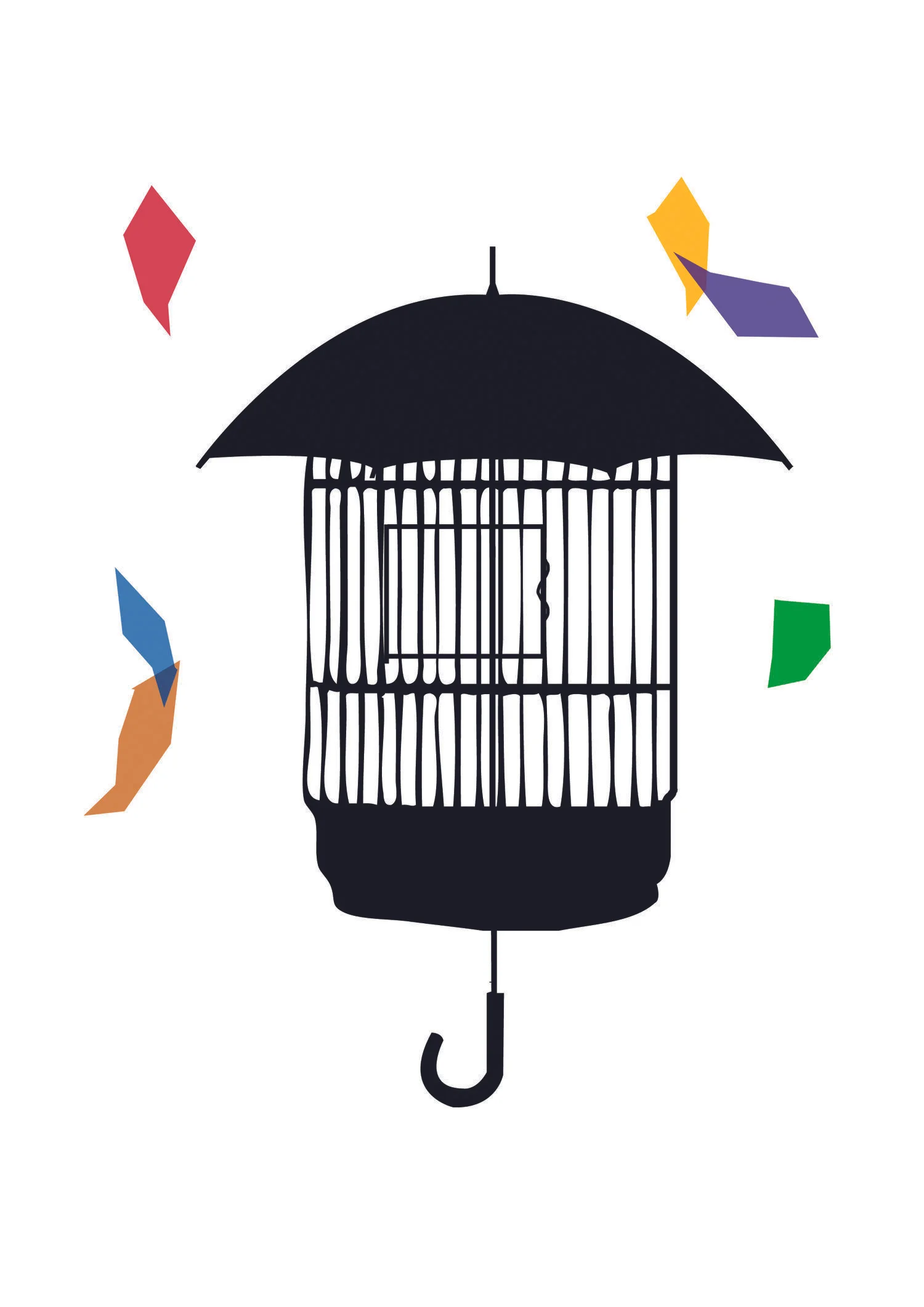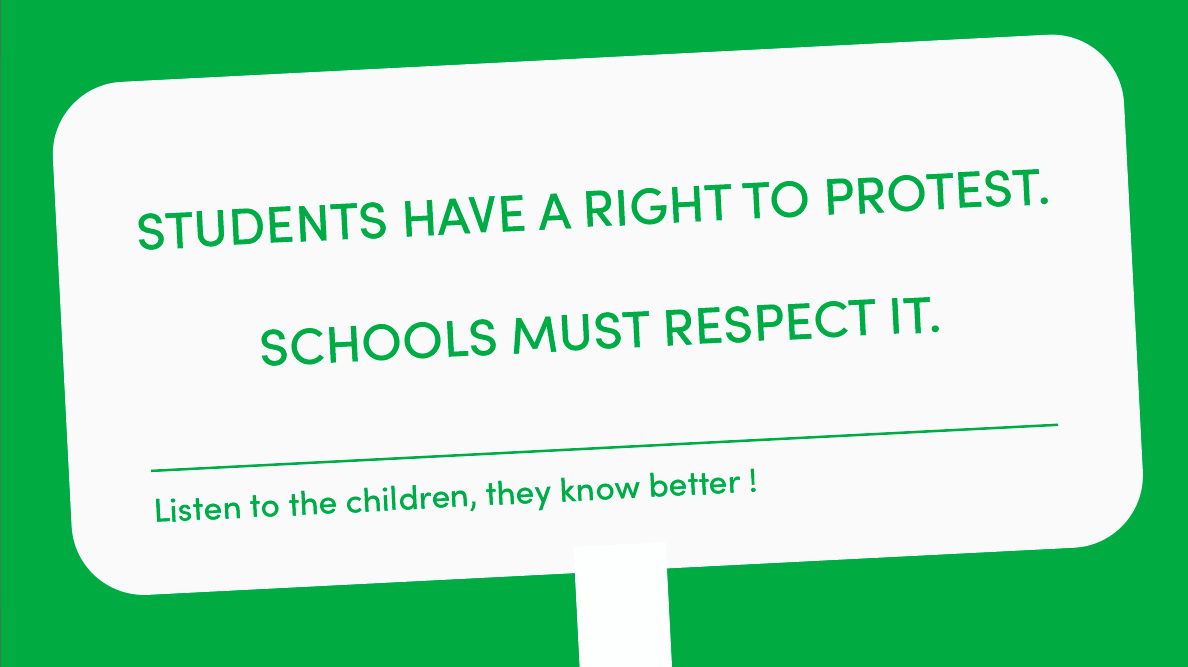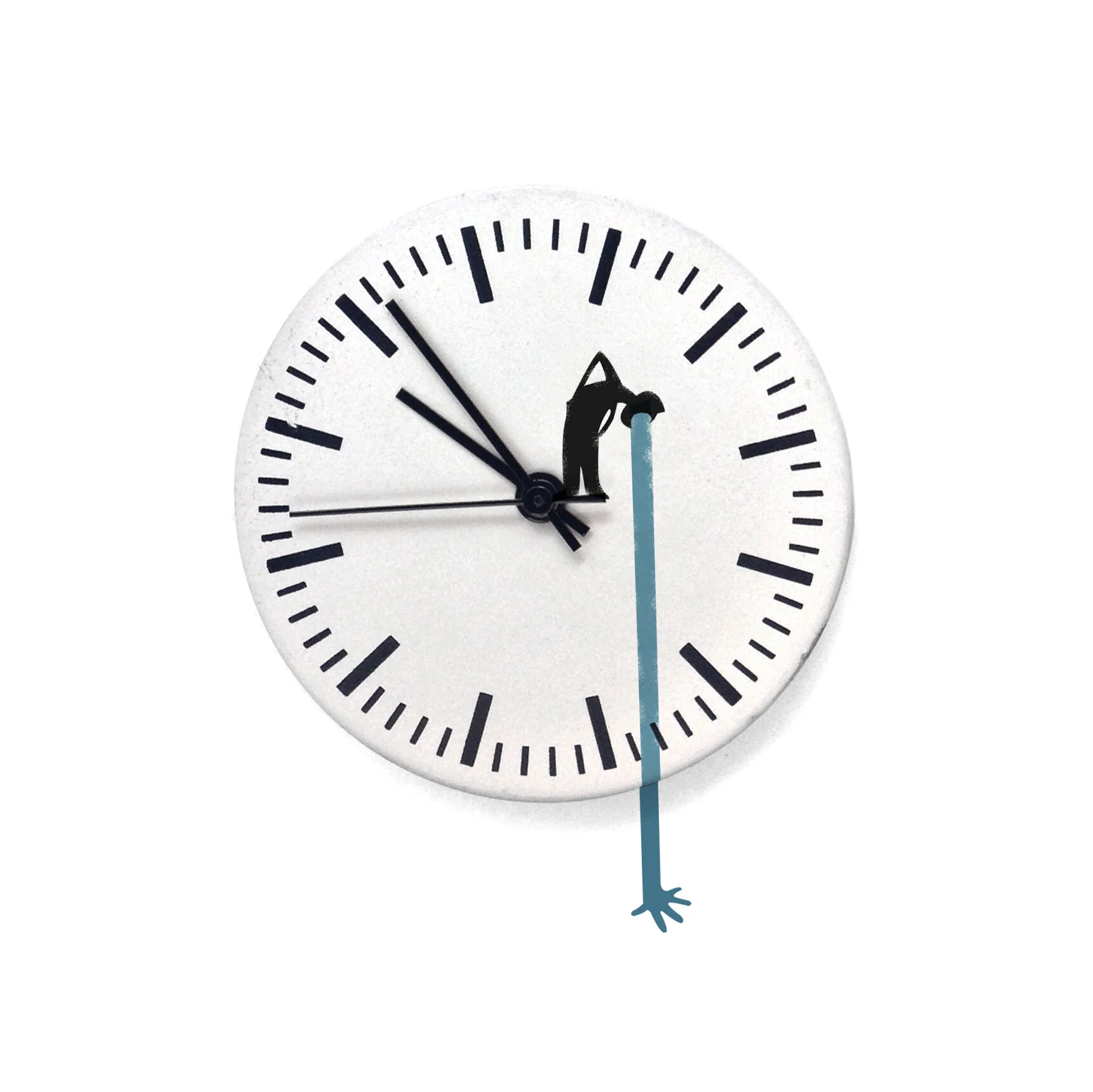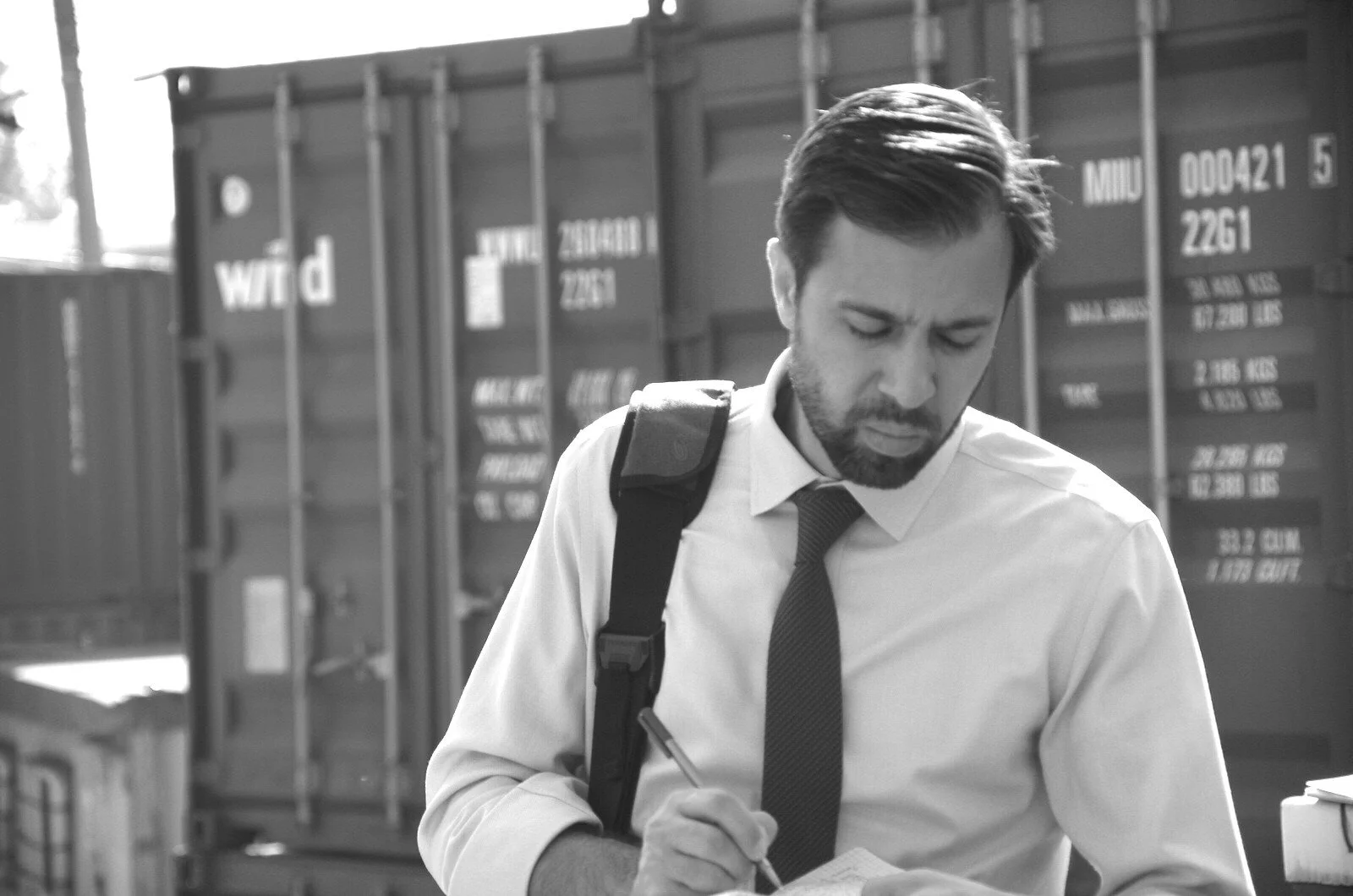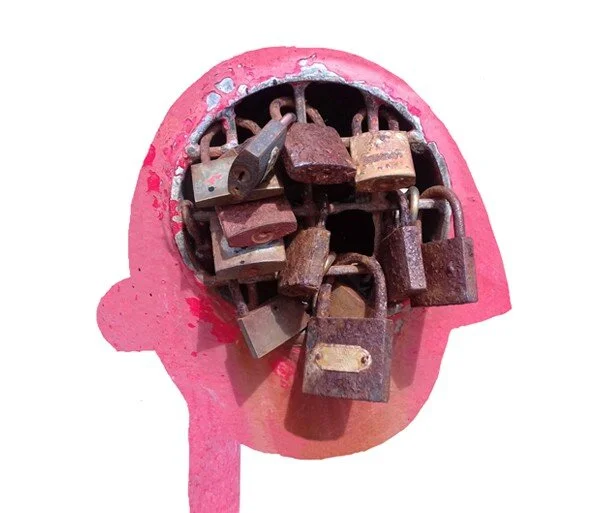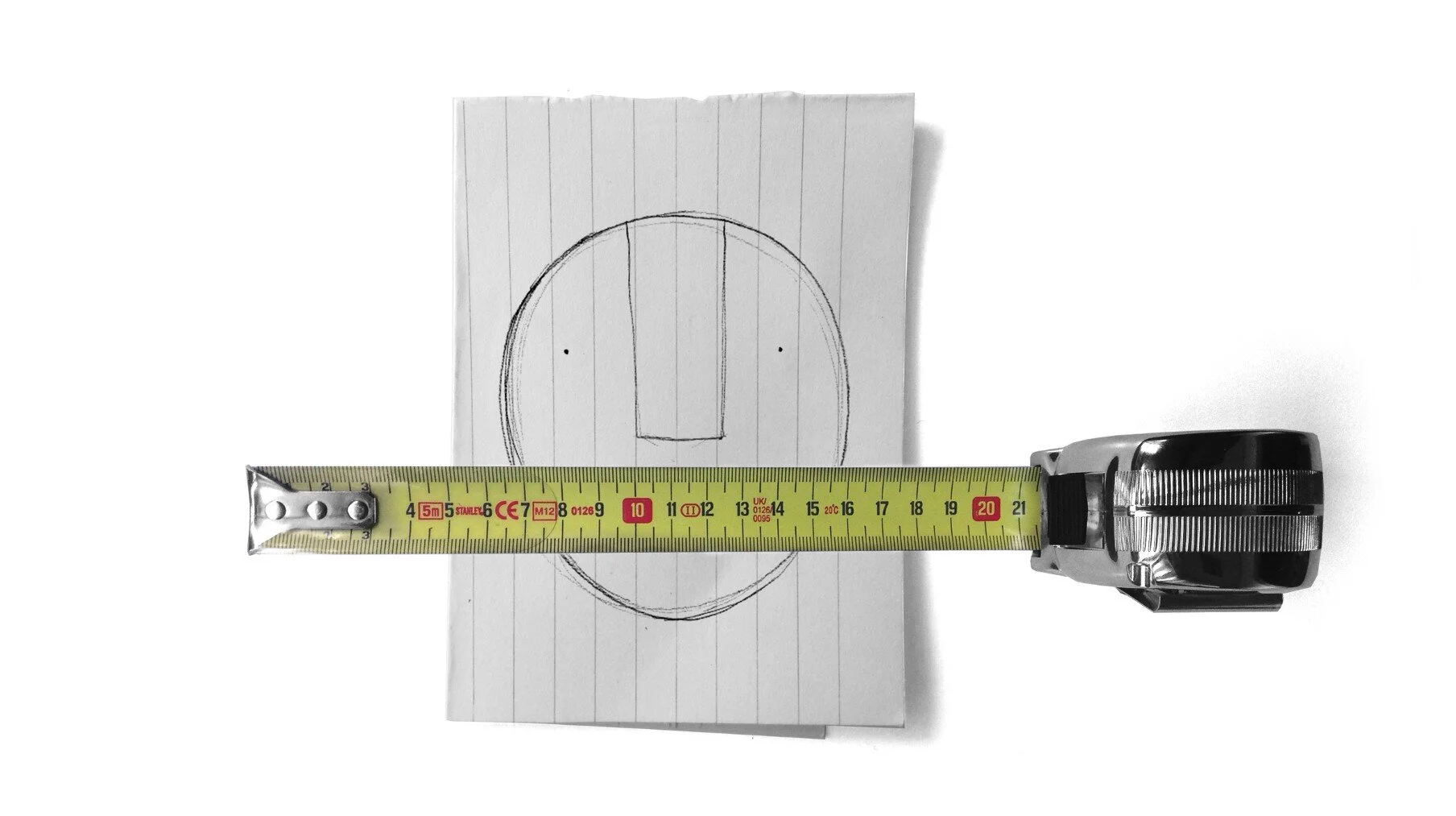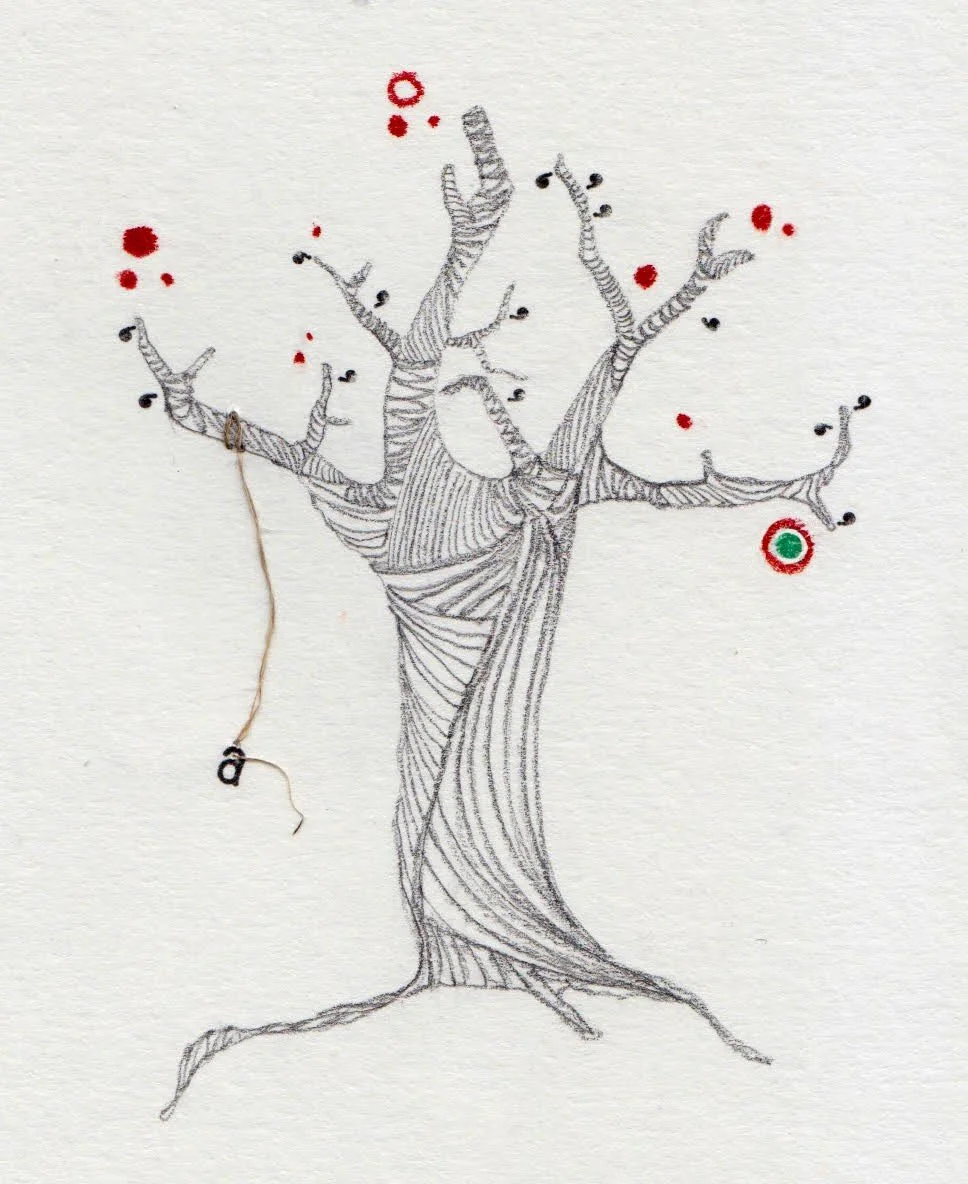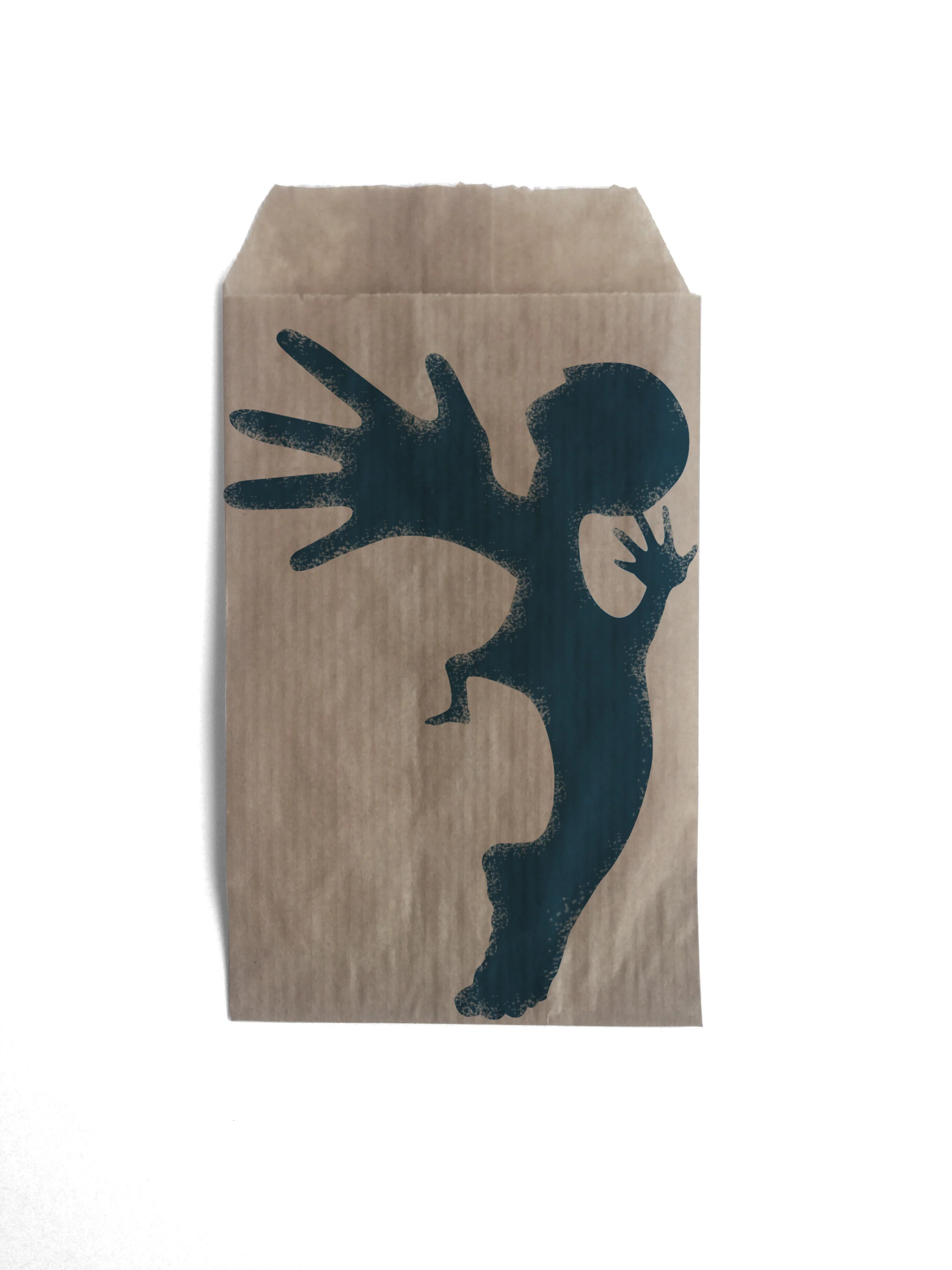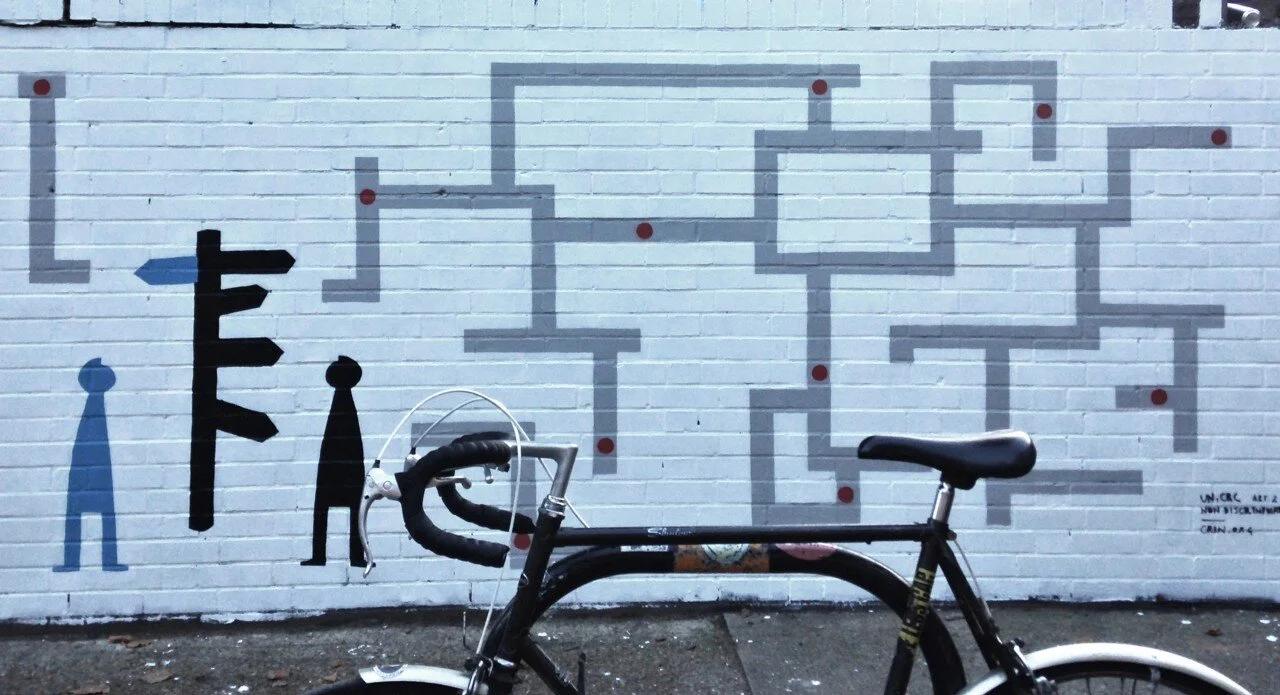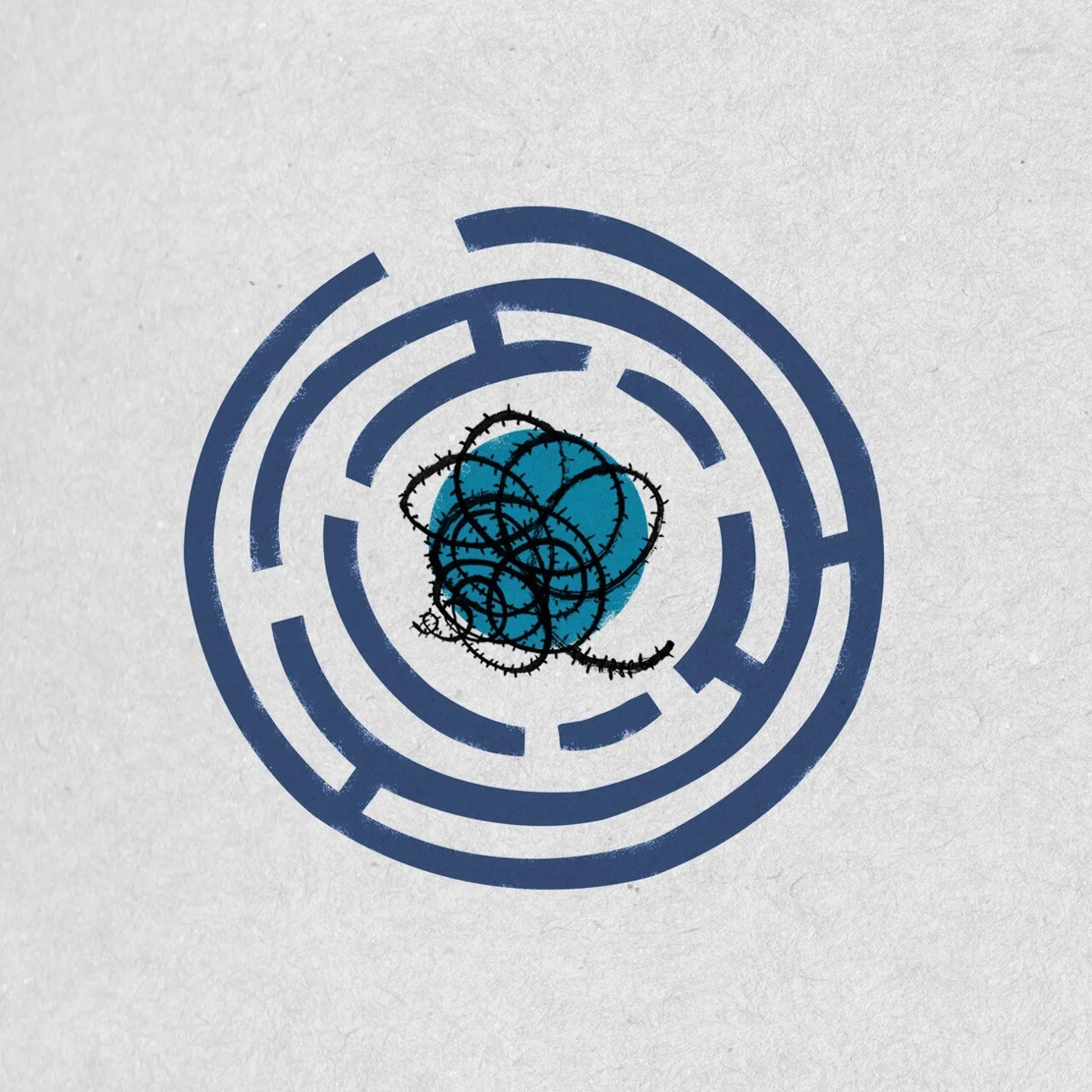This guest article by the Bank Information Center (BIC) reflects on how one World Bank-funded project in Uganda gave rise to sexual abuse of girls and what was done about it. The BIC advocates on reforming international financial institutions to make sure that the development projects they fund do not undermine human rights or harm the environment.
Read MoreThis week CRIN hosted a temporary art exhibition and discussion in Geneva on toxic exposure in our everyday lives and what is being done to raise awareness of these issues. The event was hosted at the Bocal Local, an eco-responsible grocery shop in Geneva, while the meetings of the parties to the Basel, Rotterdam and Stockholm Conventions took place in the city.
Read MoreIn our latest case study on the stories behind strategic children's rights litigation, we examine several challenges to Russia's "gay propaganda" laws. Passed using the protection of children as an excuse to silence public discussions and positive messages about LGBT issues, these laws effectively deny freedom of expression and access to information on gender and sexual diversity.
Read MoreSchool students have led major protests in recent months against climate change negligence and stood up to the complacency of passive politicians. CRIN has written a statement supporting the student strikes, along with a template students can use to challenge the threat of punishments for protesting.
Read MoreMore than a third of the world’s children currently live in Commonwealth countries, a so-called family of nations that shares a dark legacy of colonialism, violence and discrimination. Rather than celebrate its history, we think the Commonwealth Secretariat should apologise for it. And surprise surprise, here's an apology we prepared earlier!
Read MoreMost cases of sexual abuse of children are never disclosed let alone reported to the authorities. This silence is made worse when the very laws intended to hold perpetrators to account prevent survivors from seeking justice. Time limits on bringing legal action do exactly this. So how are States dealing with limitation periods in the face of systemic child sexual abuse within their own borders?
Read MoreChemical company seeks whistleblower
Read MoreCRIN calls for the Philippines to abandon proposals to lower the minimum age of criminal responsibility and instead focus on reforms that will effectively address crime.
Read MoreVeronica Yates, Director of CRIN, in conversation with Baskut Tuncak UN Special Rapporteur on human rights and toxics.
Read MoreLike all bad things left unsaid, uncovered, unacknowledged, unchallenged or even actively suppressed, they are allowed to fester like a dirty wound — and sexual violence is no exception. While all problems have a beginning, not all problems have an end — at least not one that’s in sight — and there are always reasons why things continue to happen
Read MoreOurs is a world run by adults with rules set by adults, but it’s today’s children who will inherit the consequences in years to come of adults’ political choices, despite having had no say in how those choices were made.
Read MoreUnder-18s represent almost a third of the world’s population, yet unlike adults, they have no say in the rules and laws that govern their lives or in deciding who gets to make them. But is it fair to systematically silence such a vast number of people just because of their age? Or is it discrimination on an unprecedented level?
Read MoreOurs is a world run by adults with rules set by adults, but it’s today’s children who will inherit the consequences in years to come of adults’ political choices, despite having had no say in how those choices were made.
Read MoreIn 2014 Baskut Tuncak was appointed as the UN’s top expert on human rights and toxics, a topic which some of the world’s governments have argued is not a human rights issue at all.
Read MoreWell, children are humans. All humans have rights. Therefore children have human rights. Easy. Or so it should be. But in reality, it isn’t so simple.
Read MoreChildren enjoy a vast array of rights, but there’s one set that’s conspicuous by its absence: political rights. Best represented by the right to vote, political rights are a defining characteristic of any democracy, and one of their key purposes is to give voice to all citizens, including those who might otherwise not be heard.
Read MoreChildren enjoy a vast array of rights, but there’s one set that’s conspicuous by its absence: political rights. Best represented by the right to vote, political rights are a defining characteristic of any democracy, and one of their key purposes is to give voice to all citizens, including those who might otherwise not be heard.
Read MoreWhat is bodily integrity?
Why do children have it?
When is it important for protecting their rights?
Read MoreAn activist lawyer working to advance LGBT rights in Austria brought a series of cases to the European Court of Human Rights (ECtHR) to eliminate discriminatory differences in the age sexual of consent for gay and heterosexual couples. After more than a decade of litigation, the offending article of the Penal Code was repealed, paving the way for further advances for LGBT people’s rights in the country.
Read MoreFor the last twenty years, care leavers, Maori and disability groups in New Zealand have been calling for an independent investigation into the root causes of systemic failings in the country’s care system. Notoriously unwilling to conduct a public inquiry into abuse in children’s institutions, New Zealand’s government finally conceded in February 2018, announcing the Royal Commission of Inquiry into Historical Abuse in State Care.
Read More


